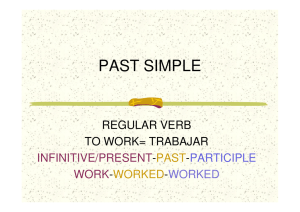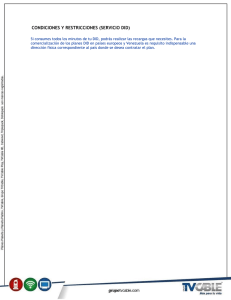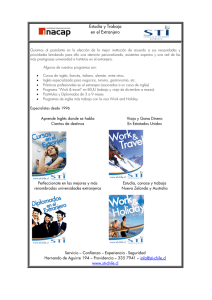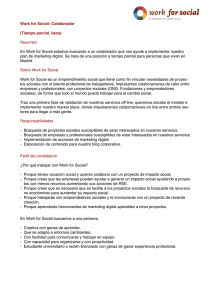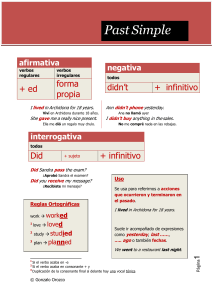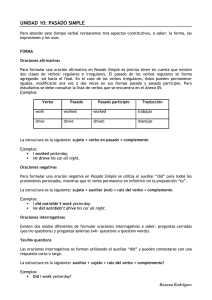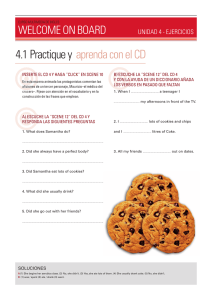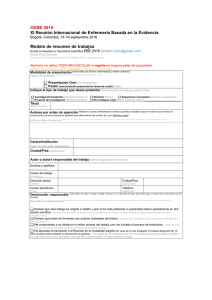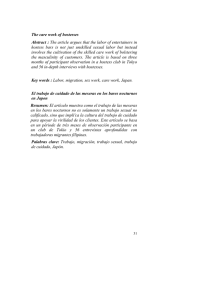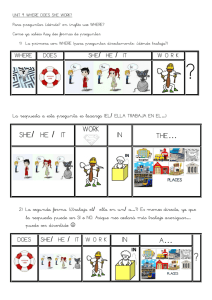ACFrOgBYKvn99Zd02s8SY4P4EQmarN4cZN7rBvhuKpnNWbWbgEHqxih0JmWrOokCRCqrSsTW3nDdO8rmt1WuykYT6HZwU1i0gDrBJk3w1r56JX8VpbOLP5qt OUe8zvu3qskZuQY28Cws2BZZhJe
Anuncio
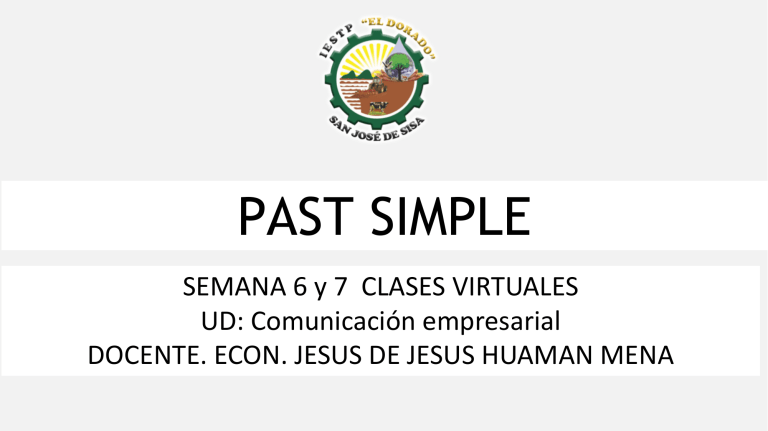
PAST SIMPLE SEMANA 6 y 7 CLASES VIRTUALES UD: Comunicación empresarial DOCENTE. ECON. JESUS DE JESUS HUAMAN MENA SEMANA 6 AFFIRMATIVE I WORKED Yo trabajaba YOU WORKED Tú trabajabas HE WORKED Él trabajaba SHE WORKED Ella trabajaba IT WORKED Ello trabajaba WE WORKED Nosotros trabajábamos YOU WORKED Vosotros trabajábais THEY WORKED Ellos trabajaban NEGATIVE I DIDN’T WORK Yo no trabajaba YOU DIDN’T WORK Tú no trabajabas HE DIDN’T WORK El no trabajaba SHE DIDN’T WORK Ella no trabajaba IT DIDN’T WORK Ello no trabajaba WE DIDN’T WORK Nosotros no trabajábamos YOU DIDN’T WORK Vosotros no trabajábais THEY DIDN’T WORK Ellos no trabajaban INTERROGATIVE DID I WORK? ¿Trabajé yo? DID YOU WORK? ¿Trabajaste tú? DID HE WORK? ¿Trabajó él? DID SHE WORK? ¿Trabajó ella? DID IT WORK? ¿Trabajó ello? DID WE WORK? ¿Trabajamos nosotros? DID YOU WORK? ¿Trabajasteis vosotros? DID THEY WORK? ¿trabajaron ellos? RESPUESTAS CORTAS (SHORT ANSWERS) • Did you like the film? - Yes, I did. (+) - No, I didn´t (did not) USOS • Usamos el pasado simple para hablar sobre hechos o acciones que: - Tuvieron lugar en un momento y lugar específico en el pasado. Judy went to Spain in 1999. I started my job last September. - Tuvieron lugar en un periodo específico en el pasado. She lived in England between 1975 and 1979. - Son habituales en un periodo específico en el pasado. When Judy lived in Spain, she finished her job at about 10 p.m. • También llevan el verbo en pasado, las oraciones que por el contexto se entiende que están en pasado. I went to France last year. Suddenly the cat appeared. She had an accident a month ago. LAS ORACIONES EN PASADO SUELEN IR ACOMPAÑADAS DE ADVERBIOS DE TIEMPO PASADO. • Yesterday (ayer) • Last night (anoche) • Last month (el mes pasado) • Last year (el año pasado) • Before (antes) • Etc… SEMANA 7 • Para hablar de pasado, debemos distinguir entre dos tipos de verbos: REGULARES e IRREGULARES (go-went) • Los verbos regulares son los que se forman añadiéndole – ed. visit- visited work - worked - REGLAS: a) Cuando el verbo termine en –e, sólo añadimos –d. loved lived liked b) Cuando el verbo termine en “consonante + y”, la “y” pasa a “i” y se le añade – ed. try – tried study - studied c) Cuando el verbo termine en “vocal + y”, sólo se le añade –ed, playED, stayED d) Cuando el verbo termine en consonante + vocal + consonante, se dobla la última letra. stopped PRONUNCIATION DE LOS VERBOS EN PASADO REGULAR • Suena /id/ cuando el verbo termina en t o d. started, needed • Suena /t/ cuando el verbo termina en p,s,k,f. helped, missed, looked • Suena /d/ cuando el verbo termina en b, g, v, m, n… saved, lived • Forma el pasado regular de los siguientes verbos: To ask (preguntar, pedir) To fry (freir) To assist (ayudar) To act (actuar) To arrive (llegar) To answer (responder) To believe (creer) To dry (secar) To happen (suceder) To envy (envidiar) ANSWERS: asked (preguntar, pedir) fried (freir) assisted (ayudar) acted (actuar) arrived (llegar) answered (responder) believed (creer) dried (secar) happened (suceder) envied (envidiar) HOMEWORK • Completa con el verbo indicado en el pasado simple: 1. He _______ his room green. (to paint) 2. The prisoners _____ last week. (to escape) 3. It ______ all day yesterday. (to rain) 4. The mechanic _____ my car. (to repair) 5. My mom __ to a new apartment last month. (to move) 6. My brother _____everywhere for his ring. (to look) 7. She ____ at me. (to smile) 8. My grandfather ______old bottles. (to collect) 9. They _____ to replace his computer. (to refuse) 10. I _____at her joke. (to laugh) ANSWERS 1. He painted his room green. (to paint) 2. The prisoners escaped last week. (to escape) 3. It rained all day yesterday. (to rain) 4. The mechanic repaired my car. (to repair) 5. My mom moved to a new apartment last month. (to move) 6. My brother looked everywhere for his ring. (to look) 7. She smiled at me. (to smile) 8. My grandfather collected old bottles. (to collect) 9. They refused to replace his computer. (to refuse) 10. I laughed at her joke. (to laugh)
